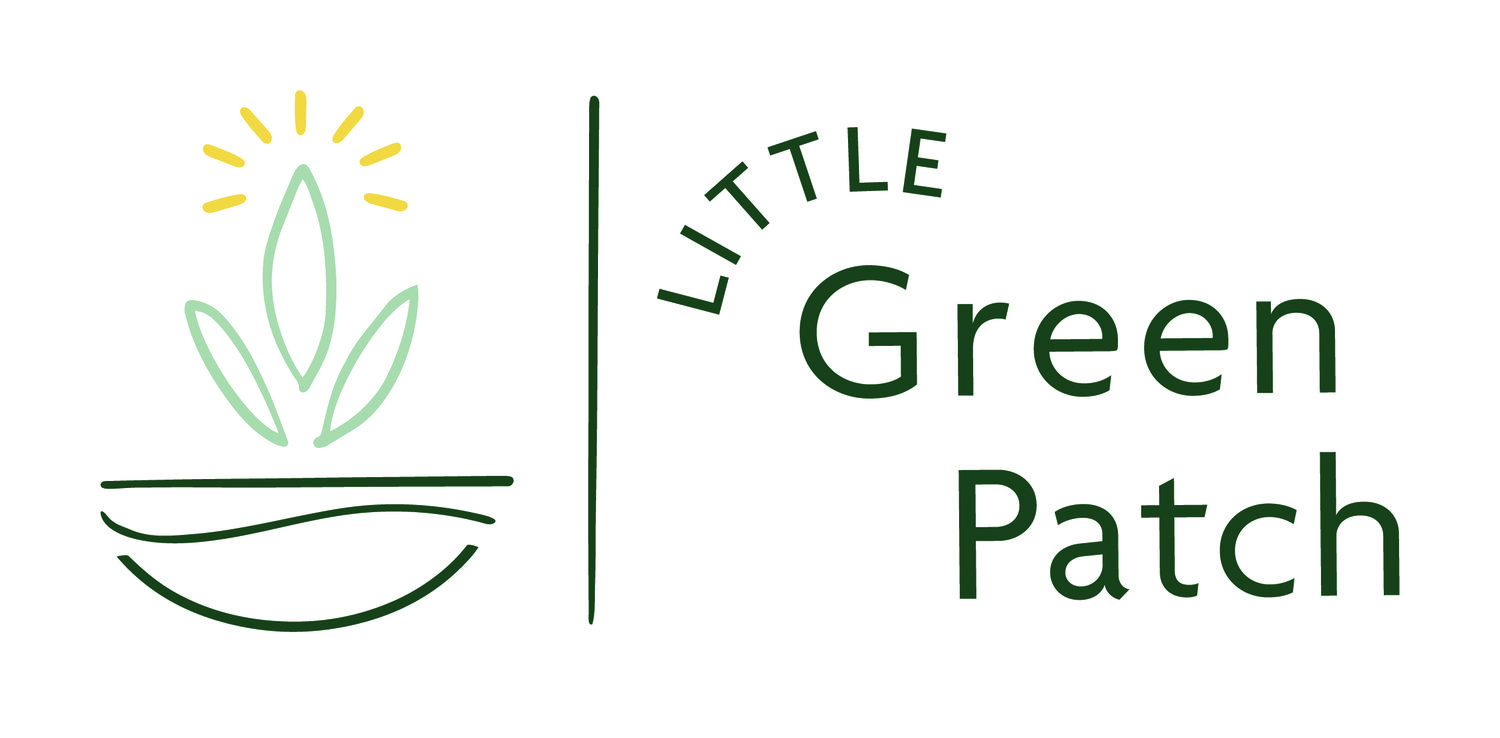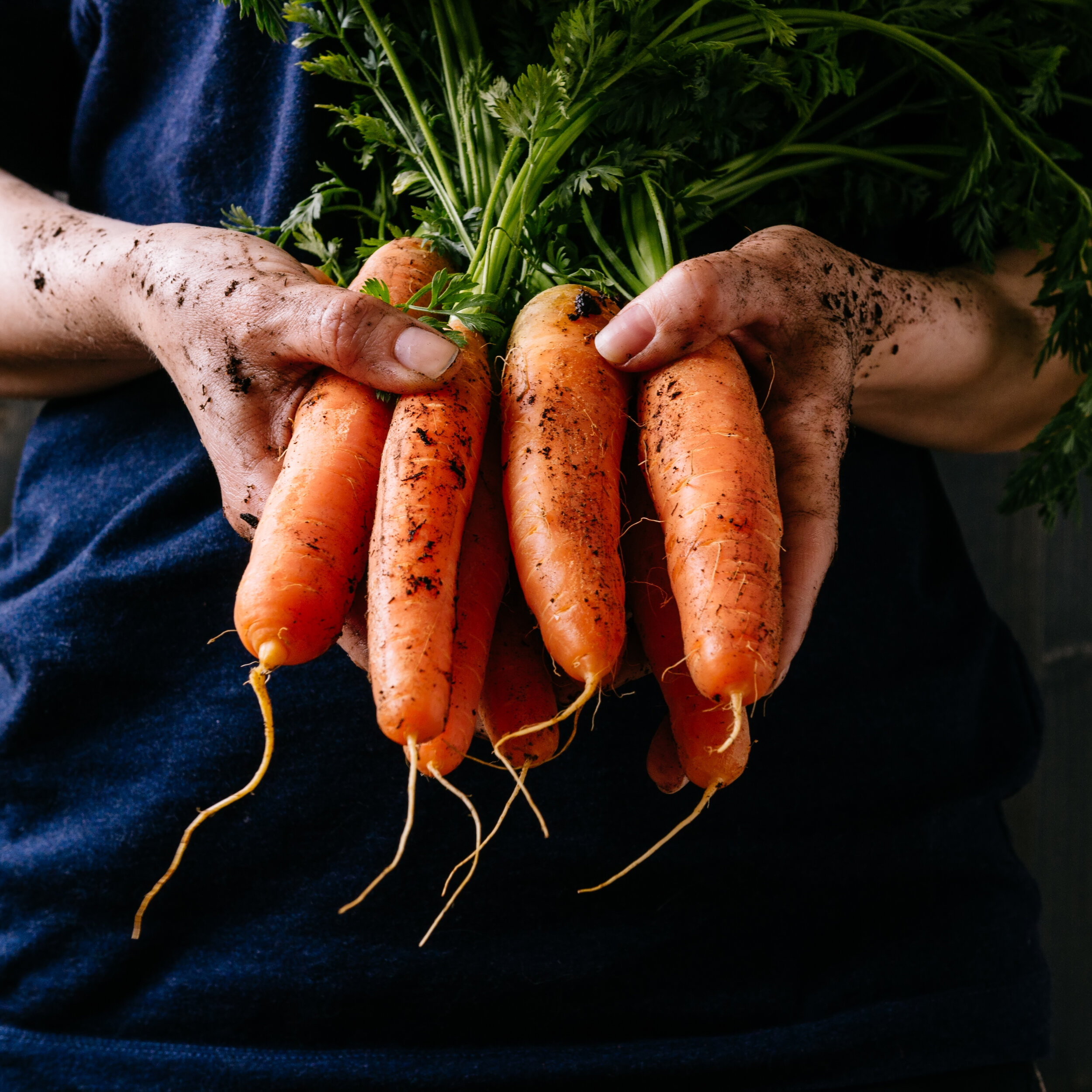BRIDGE THE DIVIDE
Let’s roll up our sleeves and get back in the garden.
Regardless of who you are or where you live, we are all part of the food system and this ultimately involves our care for the land that we inhabit and how we interact with it through our consumption patterns.
In our modern world it’s become increasingly obvious how far we are removed from our food production. We don’t know where our food has come from and we don’t know who has grown our food. Now some of you might say, “we don’t need to go too far down the rabbit hole,” but I would argue we do AND we also need to take affirmative action to bridge the divide between our farmers and the city.
If we go back to around WWII the vast majority of our food production was localised so much so, it was in our backyards. WHY? Because our farmers went to war and we had to take control of our own food production. We were essentially all farmers producing our own food. Go back a little further, Pre-Industrial Revolution, and everyone was a part of the food production system and villages shared and swapped. Supermarkets weren’t a thing back then. There were transport issues and so producing carrots in Kyogle and trucking millions of them wrapped in plastic to Sydney was not an option. We produced locally and relied on polycrops rather than monocrops.
And of course we can go back as far as when we were hunters and gathers and discuss the ‘farming’ practices of then but someone reading this will ultimately just throw the “we’ve progressed so much since then,” argument in the mix.
And they’d be right but we’ve progressed BADLY and created awful mistakes that are now creating even bigger mistakes becoming the emergency we are all experiencing.
We have to change our thoughts and practices and the sooner we all realise that we are an intricate part of the food system, city dwellers included, the better.
93% of our population in Australia live in urban settings meaning we live in built up areas; suburbs and cities. Now whilst the landmass doesn’t equate to as much landmass as the agricultural landmass, that 93% of the population is demanding food production in a certain way and that is what’s creating the problem. Our farmers are simply trying to keep up with the demands for food production; largely monocropping production that falls out of season all year long. To do that has a massive impact on the environment.
Thankfully there is a growing movement towards Regenerative Farming Practices. Regenerative Agriculture is a system of farming practices that increases biodiversity and enriches the soil's health ultimately improving the water retention and the wider ecosystem. Regenerative Agriculture captures carbon from the atmosphere and traps it back in the soil and aboveground biomass, reversing the damage of climate change.
If we demand that our food is produced by farmers using regenerative agricultural practices this will ultimately repair the 60% of landmass being used to create our food. But it seems unfair that we ‘demand’ our farmers do all the work alone. There is more we can do at home in our suburban gardens.
We can become more intimately connected to our food production.
We can get outdoors and enjoy the sunshine and hopefully a bit of rain as well.
We can plant a flower garden or roof top garden for our bees.
We can remove some of our lawn and grow some tomatoes and greens.
We can swap cucumbers over the fence with our neighbours.
We can have a pickle party when we grow too many zucchini in summer.
We can eat seasonally.
And we can become an urban farmer. Yes, become a farmer in your own suburban backyard or rooftop. This won't take the money away from our farmers. In fact, I believe it will do the opposite.
We will become increasingly more appreciative of the process of growing food and savour every fruit and vegetable we buy. We will demand quality not quantity.
We won't ‘over shop’ and let our fridge turn to mush because we didn’t cook half of it and then whoops, throw it in the bin to become toxic landfill.
We will enjoy the ‘real’ taste of fruit and vegetables and so when we do go shopping we won’t just buy any sad looking tasteless carrot in a mass convenience store - you know the ones I’m talking about. We will instead go shopping at farmers markets and talk to the farmer.
We will shop seasonally. We will probably buy less but more frequently. And we will learn to cook again. It’s been proven that people who grow their own food also end up becoming more involved in the cooking process and more importantly, eating healthy.
Food security is a human right. Health is a human right and environmental protection should be a human right. Regenerative Farming is an answer and our farmers shouldn’t be expected to go it alone. We should join hands and do it together. That means supporting them by buying food that is grown sustainably. The small surban block of land you are the steward of deserves the same attention and care as the million acre farm. You too can become a regenerative urban farmer.
Tomorrow needs you today. So let’s roll up our sleeves and get back out in the garden.

